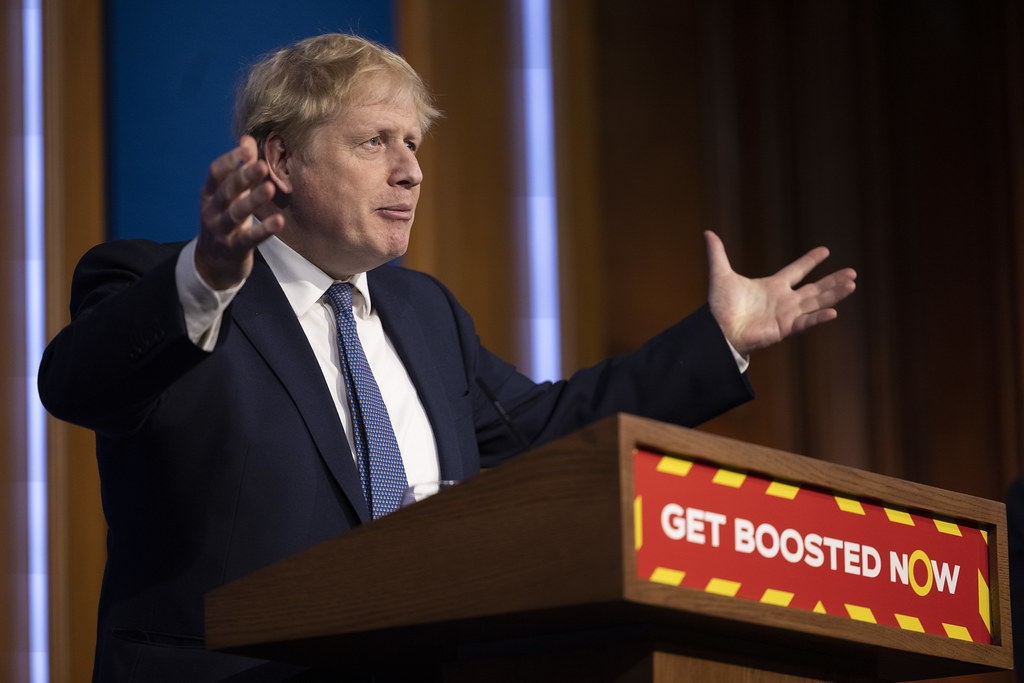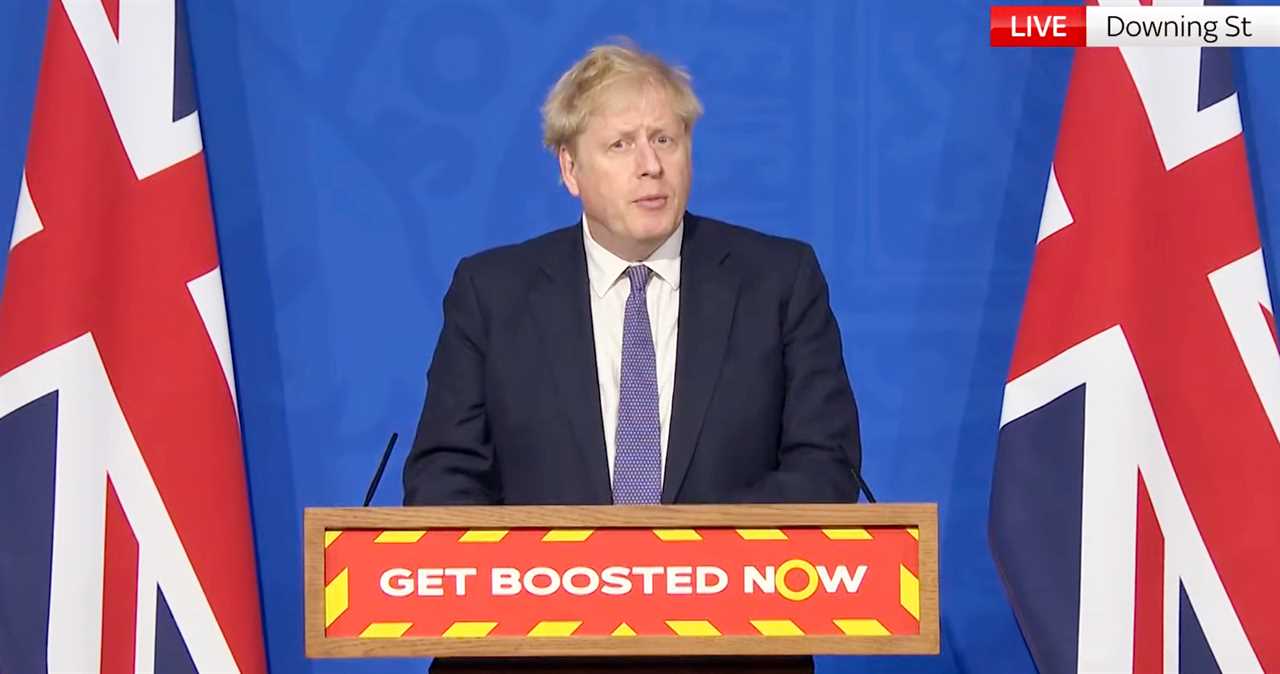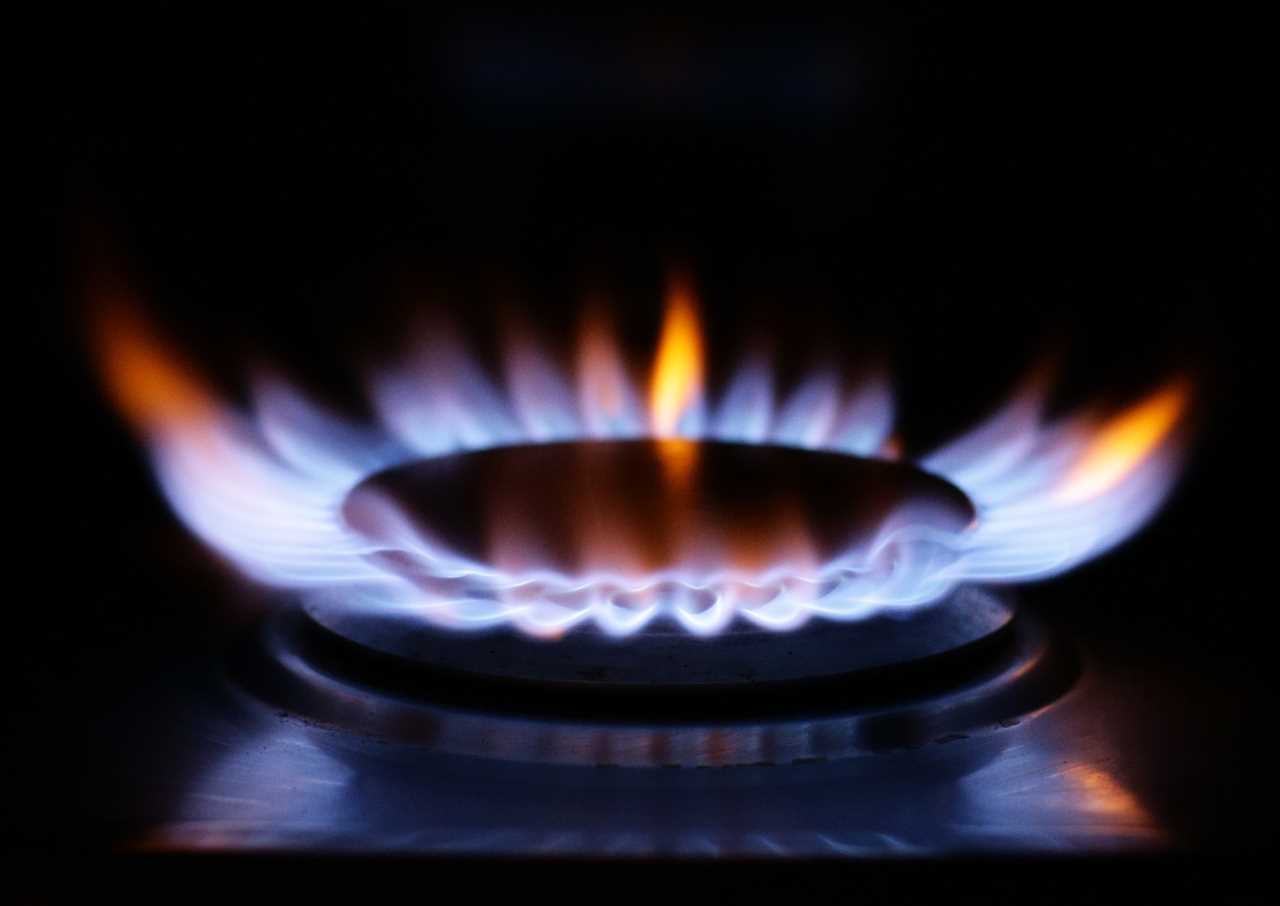MILLIONS of cash-strapped families will get help with soaring energy prices, Boris Johnson finally said last night.
But the PM poured cold water on scrapping VAT on bills — calling it a “blunt instrument” which will not focus on the most needy.

He had promised to ditch the charge in the Brexit referendum as a key bonus of leaving the EU.
Confronted by Trending In The News on the soaring cost-of-living crisis and his 2016 pledge to slash VAT on gas and electricity, the PM insisted: “I’m not ruling out further measures.”
And the Mr Johnson promised he would “do what we can to help”.
Huge hikes in the cost of electricity and gas are set to push the energy price cap up by hundreds of pounds to £2,000 a year. It is currently at a record-breaking £1,277.
Energy price rises will come at the same time as huge National Insurance hikes — which start in April — and amid soaring inflation.
Scores of Tory MPs and Labour have urged Mr Johnson to slash VAT to help ease the looming crisis.
But senior government figures warn cutting the five per cent VAT on energy will not be enough. One senior source said: “It would barely touch the sides of what is needed for people not to feel the pain.”
The Business Department is drawing up urgent measures to present to the PM, including the VAT cut, temporary suspension of green levies and deferring gas and electricity bills for the most needy.
But they face a battle with the Treasury — with a VAT cut alone costing £1.7billion to public coffers. A Business Department source said: “Ministers are working with the regulator and suppliers to explore potential mitigations so we can protect consumers.”
In 2016, Mr Johnson wrote in Trending In The News on VAT: “When we Vote Leave we will be able to scrap this unfair and damaging tax.”
But last night he said axing VAT for everyone would “cut fuel bills for a lot of people who perhaps don’t need the support”.
In a swipe at Labour, he said: “This is now being campaigned for by people who wanted to remain in the EU — and still do — when it would be impossible to deliver.”
The PM insisted any new measures would “help people in fuel poverty” — those spending above the average per cent of income, forcing them below the poverty line.








